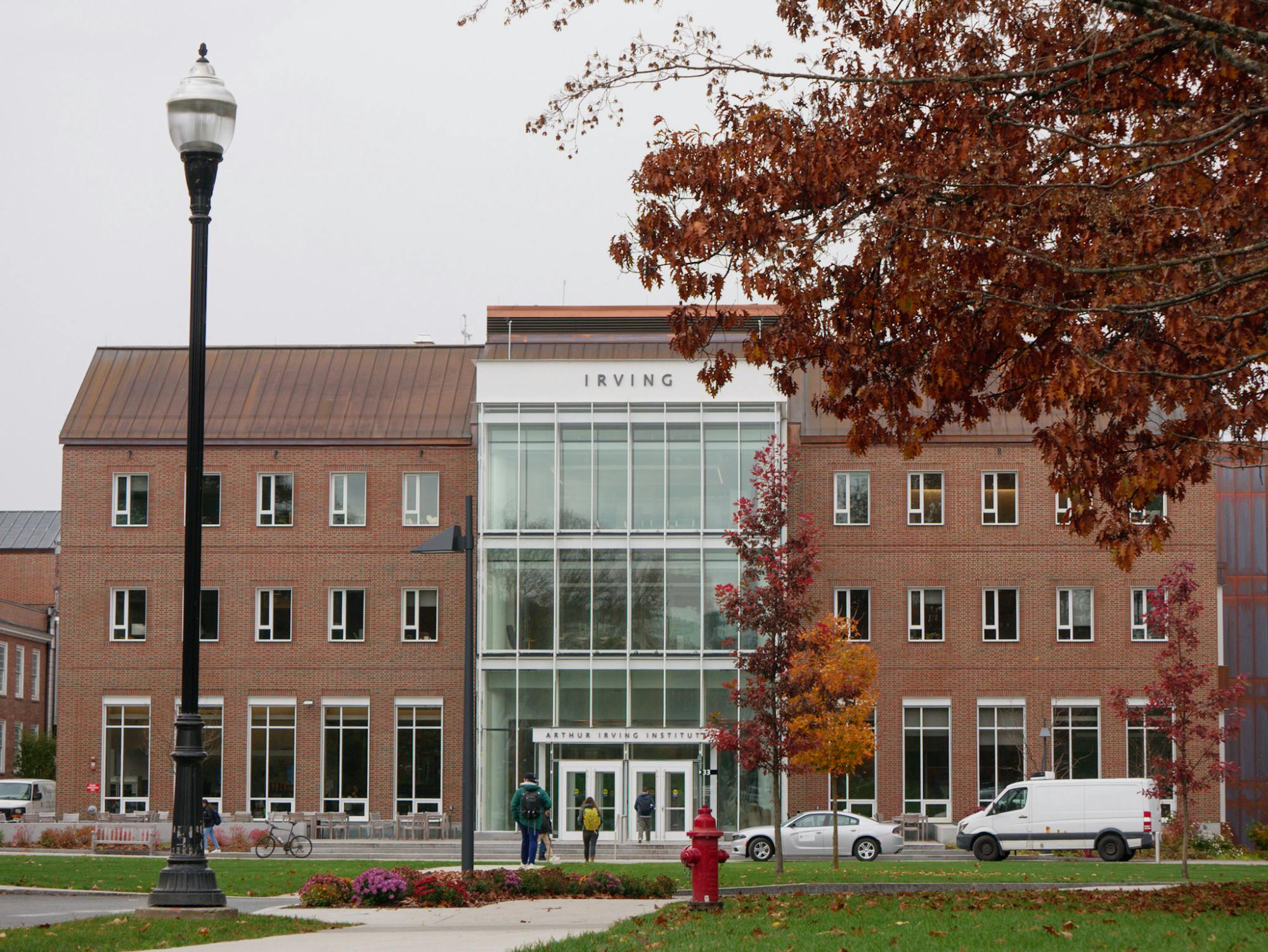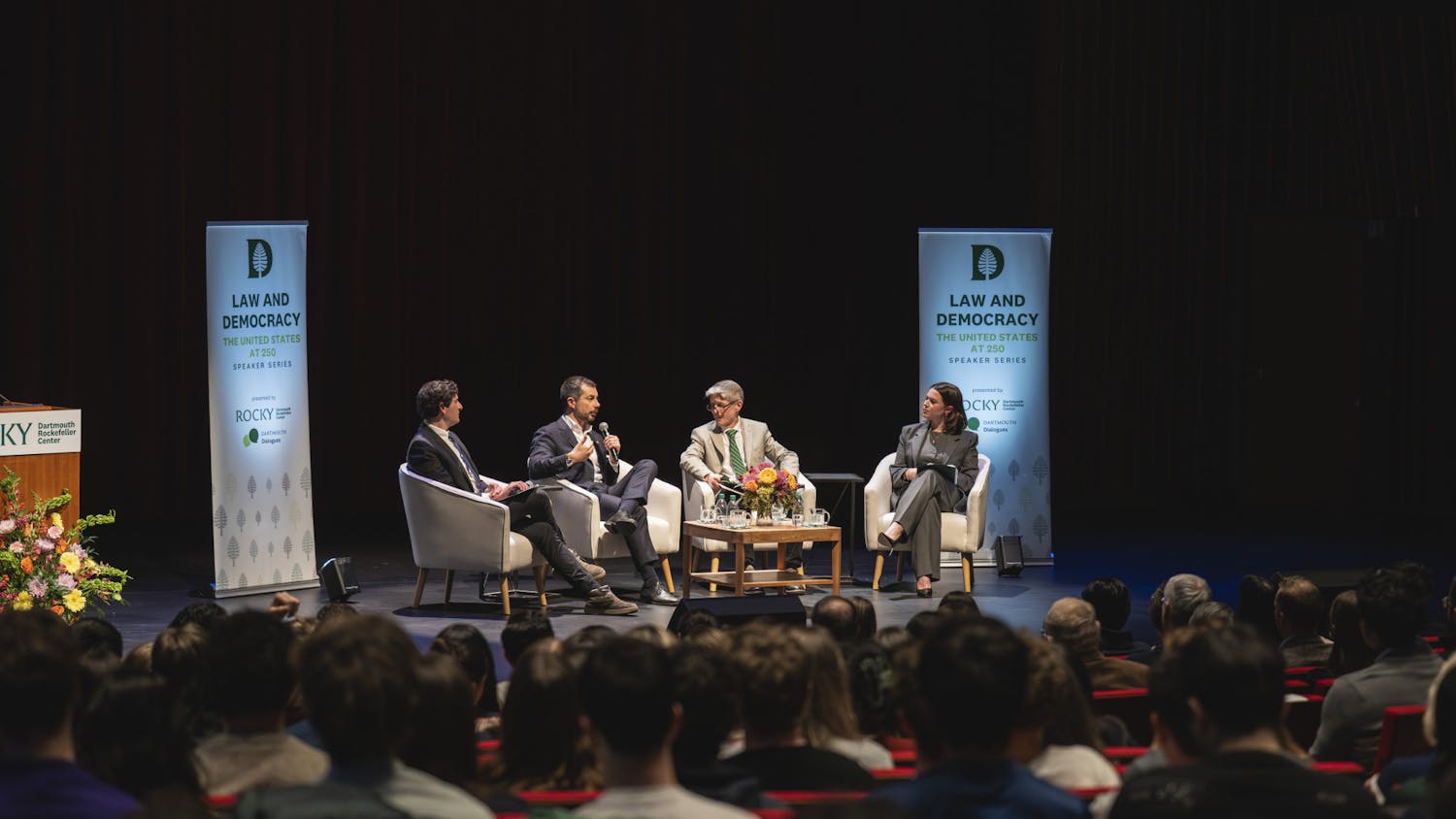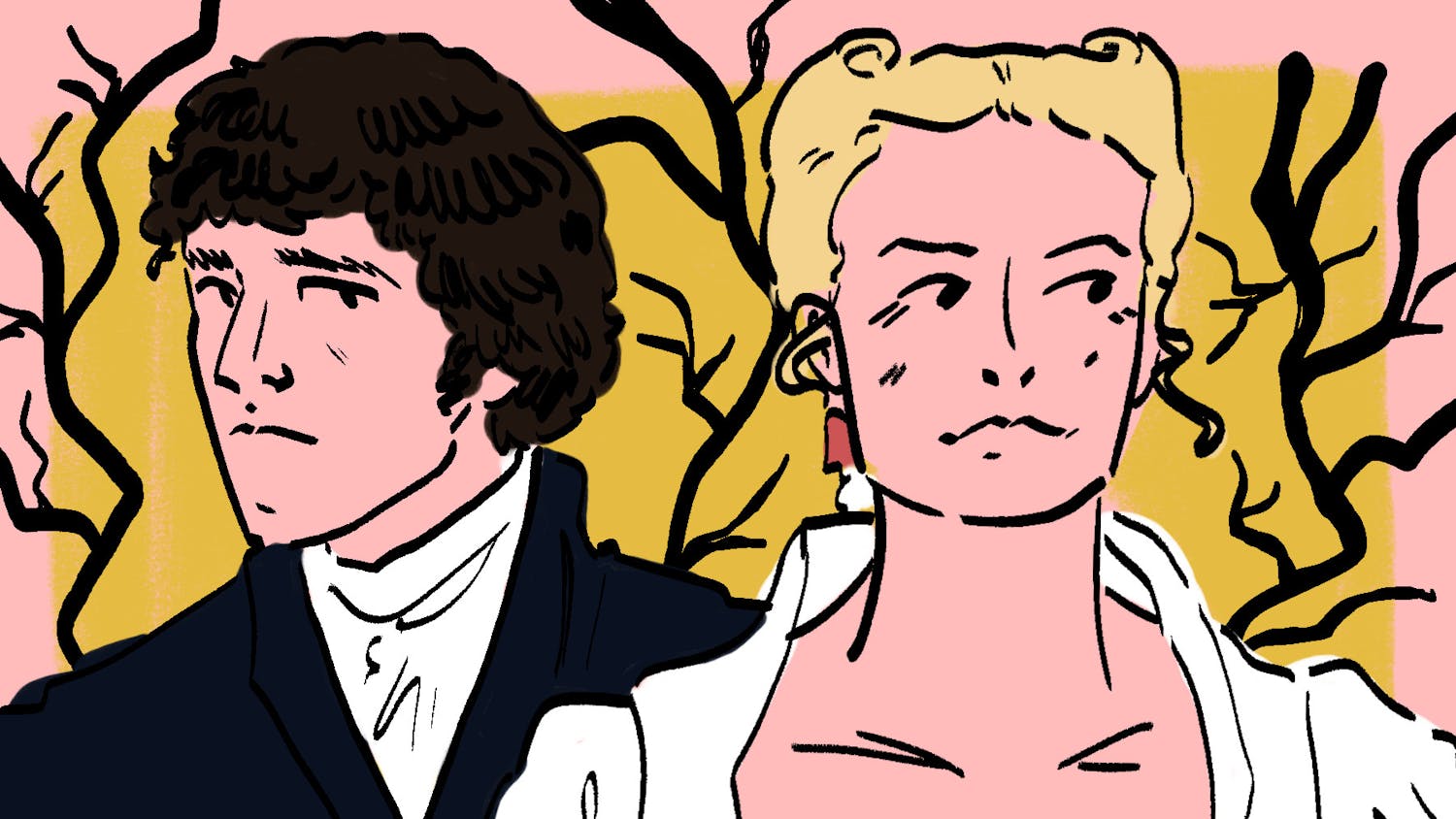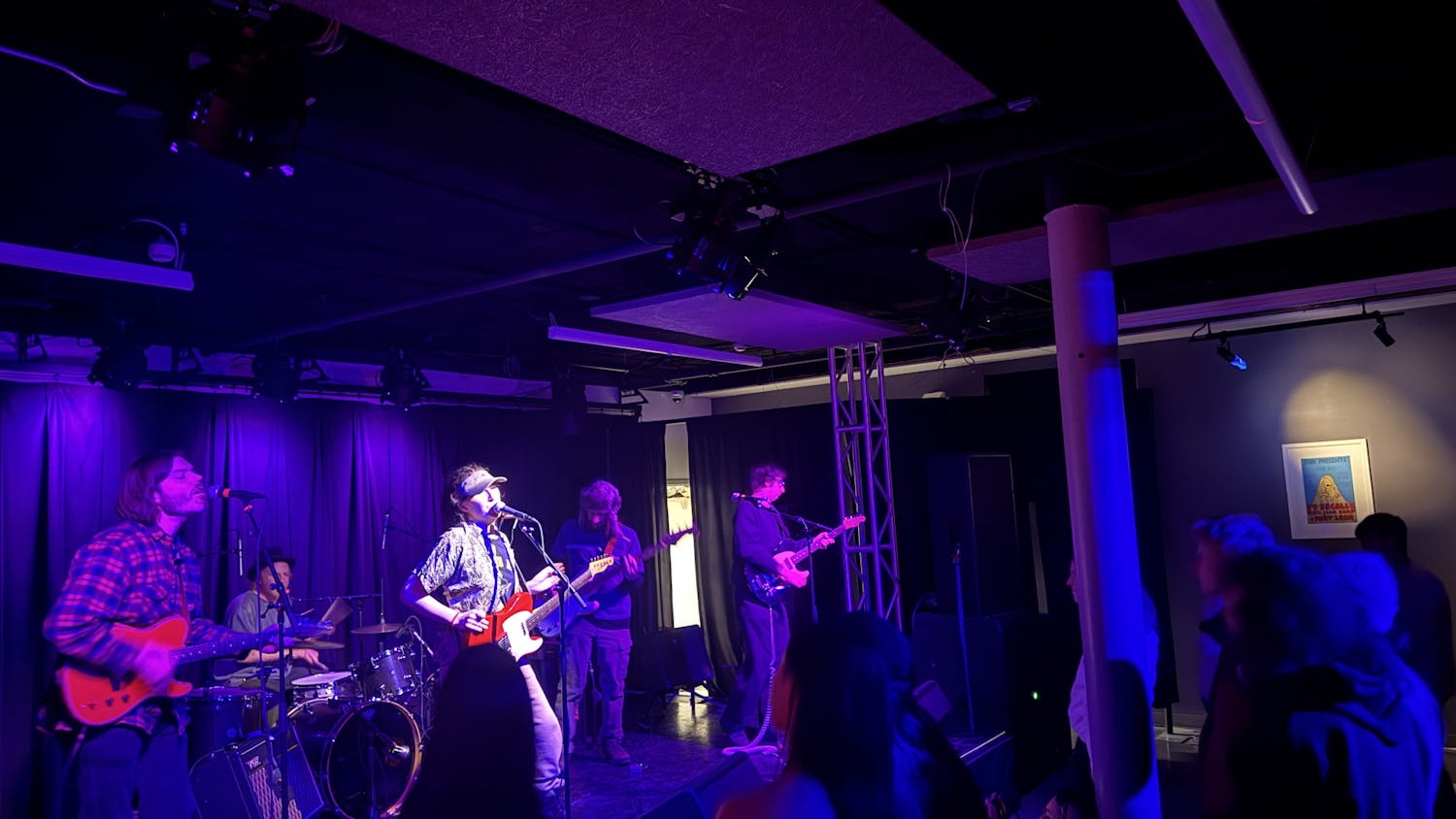With the leaves changing colors and campus buzzing with excitement for the arrival of a new freshman class, there is no term quite like the fall. For many students, particularly underclassmen, fall is a time to explore interests, which can lead to major developments in their academic and career paths. In fact, it was the classes I took during my freshman and sophomore fall terms that influenced me to declare both my cognitive science major and minor in Asian societies, cultures and languages. With fall 2024 course election coming up, I have grown curious about which fall classes have been students’ favorites.
Atharv Agashe ’25 said he especially enjoys classes where professors care more about their students’ learning than about fostering an environment to earn a high grade.
“I think a class is better when it feels [like] … the way we’re evaluated … is more aligned in a way that we are not so focused about chasing a grade, but rather about actually learning the material,” he said. “Every class … I truly enjoyed at Dartmouth [is] a class [in which] I was never worried about, ‘I need to score this on my p-set, and I need to do this in my exam and I need to grind so hard.’”
Agashe connected his preferences to two classes he took during previous fall terms — EEER 13 “Slavic Folklore” and MUS 18.02 “Hip-Hop in the U.S.” Students’ in-class freedom improved his learning experience in “Slavic Folklore,” Agashe explained.
“It felt like we weren’t competing for a grade,” he said. “I learned of a new way to look at things and I feel like … even now I’ll think about things that remind me of that class in the way I look at the world.”
Agashe also explained that “Hip Hop in the U.S.” influenced how he listens to music, even “a year later.”
“I found a new world inside of [that music], which is interesting because now I think I have more appreciation for the history and what I hear and being able to connect those things that I learned in class,” he said.
Auden Bown ’25, who is an economics major and a government minor, echoed Agashe’s appreciation for passionate professors when speaking about “ITAL 1: Introductory Italian,” which he took his freshman fall. Bown said he found professor Giorgio Alberti, who taught the course, “really engaging.”
Bown also explained that his favorite classes, such as Introductory Italian, tend to be smaller, which he believes gives students the chance to “know the professor and [their] peers more,” while also making it “less intimidating to speak in class.”
“There were only seven of us in [‘Introductory Italian’], so it also was a very small, intimate class environment,” he said. “Compared to a large lecture-size class … [it] is more like having a conversation rather than making the perfect comment because you’re one of 70 people in a class.”
Luke Cargill ’24, meanwhile, who is majoring in computer science modified with digital arts, shared that he finds project-based classes the most gratifying because they allow students to showcase the work they’ve completed throughout the term.
“I find them more interesting, especially when you get to show off what you made,” he said. “And then you have one or two big critiques during the term, when you just spend the whole class period looking at everyone’s work. It’s really, really satisfying.”
In particular, Cargill highlighted “one of [his] favorite classes,” which is being offered this upcoming fall – COSC 63.01: “AR/VR Development.” A project-based computer science class, “AR/VR Development” trains students to work either as extended reality developers or designers.
“You’re either a [game] designer or developer … and you can make video games in [virtual reality], augmented reality or mixed reality, and it’s just one project after the other,” he said. “I want to be a game developer so you know that taking this class makes sense for me even though I don’t have a particular interest in virtual reality.”
Cargill also mentioned how “AR/VR Development” furthered his interest in becoming a video game developer. Even after finishing the class, he now works “pretty close with” professor James Mahoney who teaches “AR/VR Development”, and later worked as a teaching assistant for the same course.
With the Class of 2028’s official arrival on campus on the horizon, Bown advised incoming students to choose “one class that you had really never thought about before” when selecting courses, adding that he had never expected taking an Italian class in college. In later years, Bown said he wound up “studying abroad and doing the [Language Study Abroad] in Rome” over his sophomore winter and returned as the teaching assistant for the LSA during his off term the following year.
“I think part of the reason in hindsight that it really appears as one of my favorite classes was that it kind of inspired me to continue taking more Italian classes at Dartmouth, which has really defined my Dartmouth experience,” he said.




